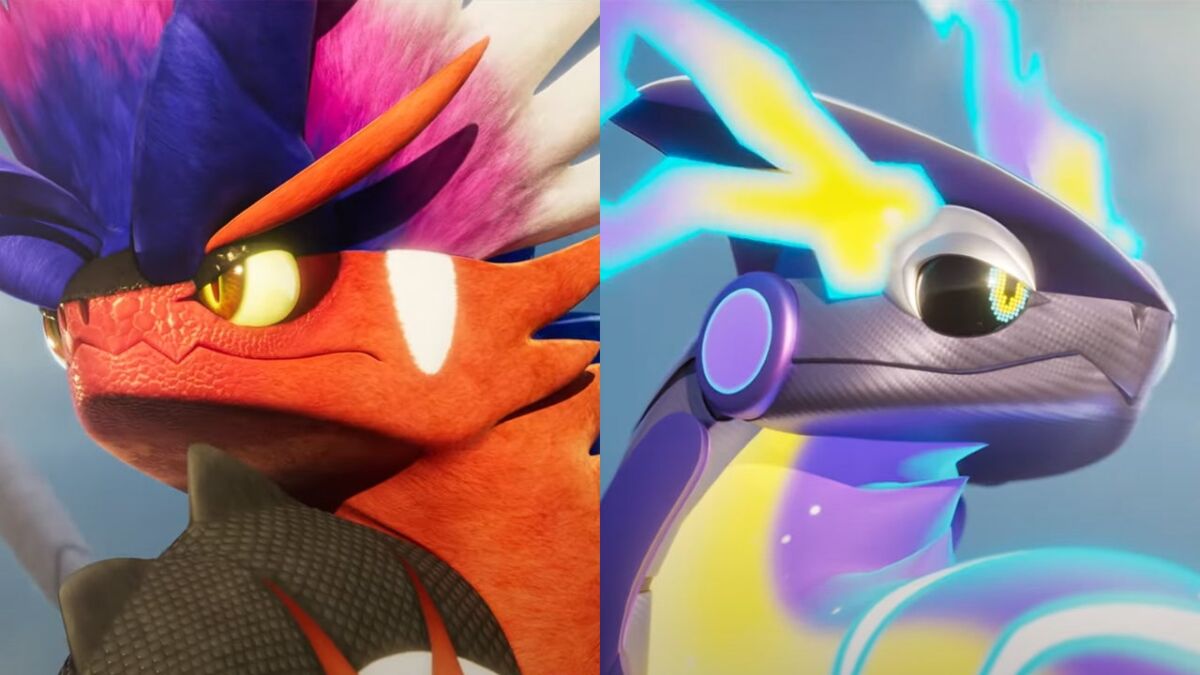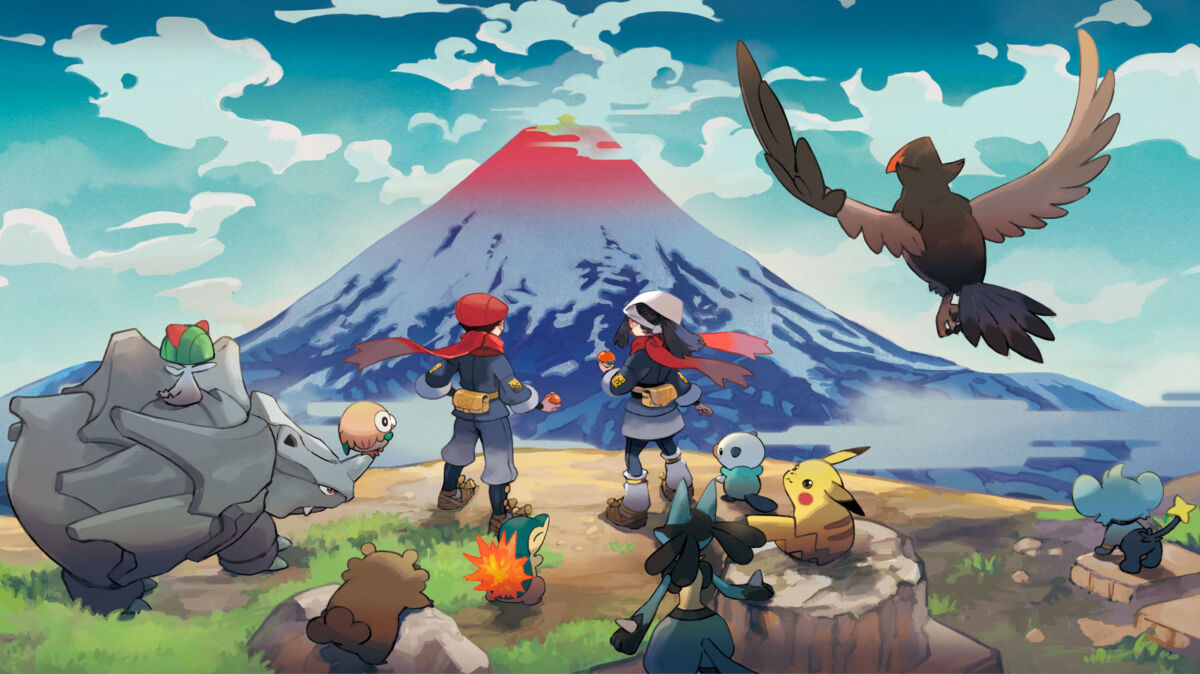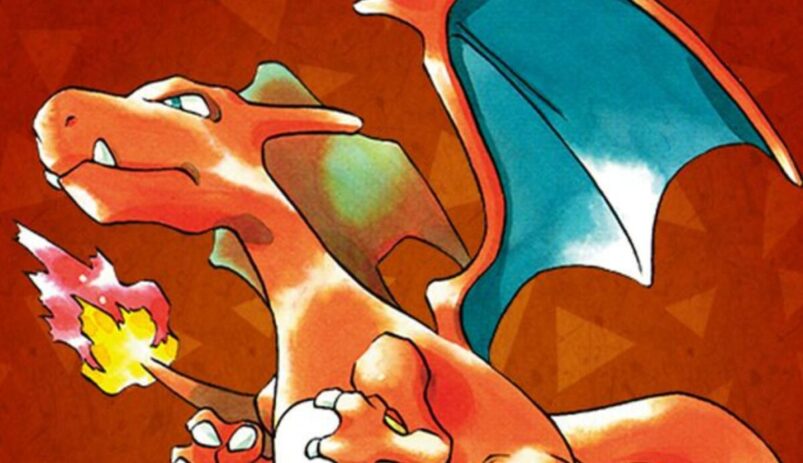Being the biggest media franchise in the world means that Pokémon games will just keep on coming. Unfortunately, it also means that it’s incredibly hard to keep track of the continuity of Pokémon games.
Whether you’re a new or old fan, you might suddenly get an urge to play all the games in order. If you’re having the itch right now but are worried about the hassle of arranging them, here’s the solution. Read on and see all of the Pokémon games in order; both chronologically and based on release dates.
Pokémon Games In Release Order

If you’re new to Pokémon games, it’s best if you follow the release order.
You’re probably wondering why there are multiple games in each entry on the list. For example, Pokémon Diamond and Pearl are placed in the same spot. Which one came first, and should you play them both?
Each generation in the mainline Pokémon games comes in sets of two or three. They come out simultaneously and mostly share the same characters, locations, and events.
There are a few differences, such as each version having Pokémon unique to it. Still, you don’t need to play all the Pokémon games in a single generation. Just pick the one you like and go with it. It’s why the remakes are placed beside their predecessors despite being released far later. You can earn the Pokémon unavailable in your game by trading.
Release-wise, here are the Pokémon Games in order:
Generation 1
- Pokémon Red, Green, and Blue (1996) – Game Boy | Pokémon FireRed and LeafGreen (2004 Remakes) – Game Boy Advance
- Pokémon Yellow (1998) – Game Boy | Pokémon: Let’s Go, Pikachu! and Let’s Go, Eevee! (2018 Remakes) – Nintendo Switch (Note: Pokémon Yellow is simply an enhanced version of Pokémon Red, Green and Blue)
Generation 2
- Pokémon Gold and Silver (1999) – Game Boy Color | Pokémon HeartGold and SoulSilver (2009 Remakes) – Nintendo DS
- Pokémon Crystal (2000) – Game Boy Color (Note: Pokémon Crystal is simply an enhanced version of Pokémon Gold and Silver)
Generation 3
- Pokémon Ruby and Sapphire (2002) – Game Boy Advance | Pokémon Omega Ruby and Alpha Sapphire (2014 Remakes) – Nintendo 3DS
- Pokémon Emerald (2004) – Game Boy Advance (Note: Pokémon Emerald is simply an enhanced version of Pokémon Ruby and Sapphire)
Generation 4
- Pokémon Diamond and Pearl (2006) – Nintendo DS | Pokémon Brilliant Diamond and Shining Pearl (2021 Remakes) – Nintendo Switch
- Pokémon Platinum (2008) – Nintendo DS (Note: Pokémon Platinum is simply an enhanced version of Pokémon Diamond and Pearl)
Generation 5
- Pokémon Black and White (2010) – Nintendo DS
- Pokémon Black 2 and White 2 (2012) – Nintendo DS
Generation 6
- Pokémon X and Y (2013) – Nintendo 3DS
Generation 7
- Pokémon Sun and Moon (2016) – Nintendo 3DS
- Pokémon Ultra Sun and Ultra Moon (2017) – Nintendo 3DS (Note: Pokémon Ultra Sun and Ultra Moon are simply enhanced versions of Pokémon Sun and Moon)
Generation 8
- Pokémon Sword and Shield (2019) – Nintendo Switch
Stand-alone game
- Pokémon Legends: Arceus (2022) – Nintendo Switch
Generation 9
- Pokémon Scarlet and Violet (2022) – Nintendo Switch
Additionally, there are dozens of Pokémon games that aren’t connected to the main games at all. If you’re a hardcore Pokémon fan, completionist, or just want to try something new, you can check these out.
- Hey You, Pikachu! (1998) – Nintendo 64
- Pokémon Pinball (1999) – Game Boy Color
- Pokémon Snap (1999) – Nintendo 64
- Pokémon Stadium (1999) – Nintendo 64
- Pokémon Puzzle League (2000) – Nintendo 64
- Pokémon Puzzle Challenge (2000) – Game Boy Color
- Pokémon Stadium 2 (2000) – Nintendo 64
- Pokémon Channel (2003) – GameCube
- Pokémon Colosseum (2003) – GameCube
- Pokémon Mystery Dungeon: Blue Rescue Team and Red Rescue Team (2005) – Game Boy Advance and Nintendo DS
- Pokémon Dash (2004) – Nintendo DS
- Pokémon Trozei! (2005) – Nintendo DS
- Pokémon XD: Gale of Darkness (2005) – GameCube
- Pokémon Ranger (2006) – Nintendo DS
- Pokémon Battle Revolution (2006) – Wii
- Pokémon Mystery Dungeon: Explorers of Time and Explorers of Darkness (2007) – Nintendo DS
- Pokémon Ranger: Shadows of Almia (2008) – Nintendo DS
- Pokémon Mystery Dungeon: Explorers of Sky (2009) – Nintendo DS
- PokéPark Wii: Pikachu’s Adventure (2009) – Wii
- Pokémon Ranger: Guardian Signs (2010) – Nintendo DS
- Pokémon Rumble Blast (2011) – Nintendo 3DS
- PokéPark 2: Wonders Beyond (2011) – Wii
- Learn with Pokémon: Typing Adventure (2011) – Nintendo DS
- Pokémon Mystery Dungeon: Gates to Infinity (2012) – Nintendo 3DS
- Pokémon Conquest (2012) – Nintendo DS
- Pokémon Rumble U (2013) – Wii U
- Pokkén Tournament (2015) – Wii U
- Pokémon Go (2016) – iOS and Android
- Pokkén Tournament DX (2017) – Nintendo Switch
- Pokémon Mystery Dungeon: Rescue Team DX (2020) – Nintendo Switch
Pokémon Games In Chronological Order

This is called the chronological order, but a lot of the Pokémon games are actually pretty vague about where they land on the timeline. If a game doesn’t present enough evidence of when it occurs, people generally just consider it a sequel to the previous release.
Some games make it super obvious though. Pokémon Legends: Arceus, despite being one of the newer releases, immediately makes it clear in the plot that it occurs in the past. It occurs before any of the other games since known locations are named differently, and people are just starting to bond with Pokémon.
Also, Pokémon games have tampered with the concept of multiverses. So, this list isn’t as cut and dry as it looks. To this day, fans argue about which games occur first and which are connected.
Without further ado, here are the Pokémon games in chronological order.
- Pokémon Legends: Arceus – Nintendo Switch
- Pokémon Red, Green, Blue, and Yellow – Game Boy or any of their remakes
- Pokémon Ruby, Sapphire, and Emerald – Game Boy Advance or any of their remakes
- Pokémon Gold, Silver, and Crystal Game – Boy Color or any of their remakes
- Pokémon Diamond, Pearl, and Platinum – Nintendo DS or any of their remakes
- Pokémon Black and White – Nintendo DS
- Pokémon Black 2 and White 2 – Nintendo DS
- Pokémon X and Y – Nintendo 3DS
- Pokémon Sun and Moon or Ultra Sun and Ultra Moon – Nintendo 3DS
- Pokémon Sword and Shield – Nintendo Switch
- Pokémon Scarlet and Violet – Nintendo Switch
Armed with the knowledge of how to play the Pokémon games in order, get your consoles out and get ready to catch ‘em all.
READ NEXT: God of War Games In Order (Chronological & Release Date)
Some of the coverage you find on Cultured Vultures contains affiliate links, which provide us with small commissions based on purchases made from visiting our site.

